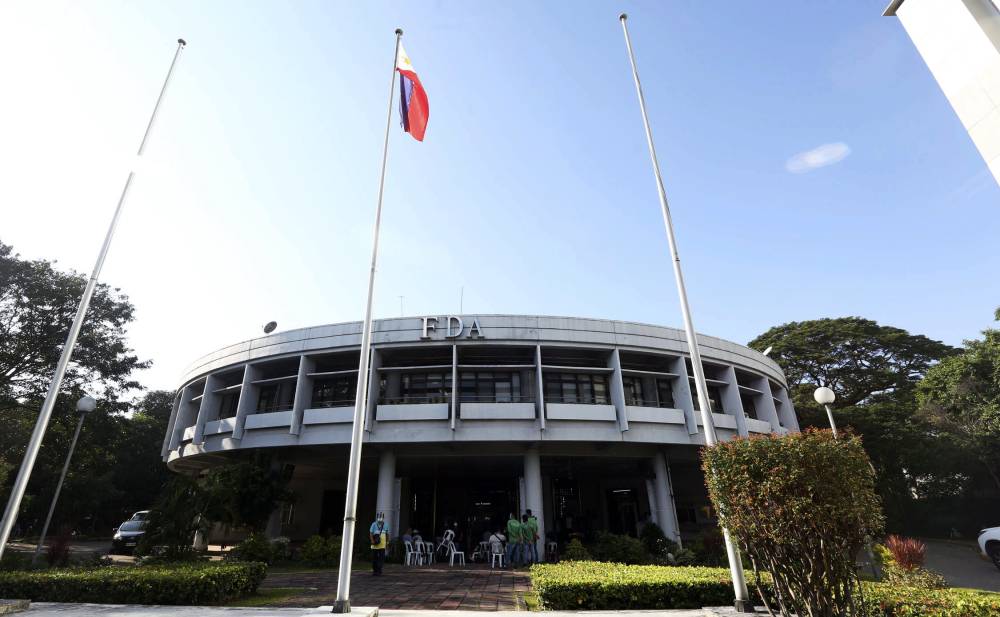Crackdown on toxic products

Some Filipino consumers may be paying too high a price to feel beautiful.
This after watchdog EcoWaste Coalition revealed last week that skin-lightening products with dangerously high levels of mercury are being openly sold in the province of Bohol, the same way that these same products earlier banned by the Food and Drug Administration (FDA) are also being peddled across the province of Cebu.
Based on EcoWaste’s market monitoring, these prohibited skin-lightening cosmetics being sold in central Visayas include Pakistan-made Goree Beauty Cream with Lycopene and Goree Day and Night Beauty Cream, Goree Gold 24K Beauty Cream, and 88 Total White Underarm Cream from Thailand.
These products had long been flagged by the FDA for their excessive mercury content—Goree Beauty Cream as far back as 2017, 88 Total White Underarm Cream in 2021, and Goree Gold 24K in 2023.
That these mercury-laden cosmetics continue to be sold with impunity around the country from Tuguegarao in the north and even in Quezon City in the metropolis only means that government agencies whom Filipino citizens rely on to ensure that only safe products are sold in the market have dismally failed to perform their duties.
Harmful mercury content
It is one thing to sell products that may not perform as advertised, such as promising to whiten skin in 14 days, but to sell products with dangerous content such as mercury is another.
How high? According to the watchdog’s tests, the mercury content of these products ranges from 5,633 to 29,250 parts per million, astronomically higher than the limit of just 1 ppm set by the FDA.
More forceful action from regulatory agencies at the national level plus the local government units (LGUs) in the trenches is therefore imperative.
As the FDA has repeatedly stated, mercury salts can lighten skin tone, and remove age spots, freckles, blemishes, and wrinkles because these inhibit the formation of melanin. Too much of it, however, can harm users and nonusers alike.
These negative effects of exposure to these skin-lightening products with high levels of mercury include “kidney damage, skin rashes, discoloration, and scarring,” adding that “chronic use reduces skin’s normal resistance against bacterial and fungal infections.”
“Other effects include anxiety, depression or psychosis, and peripheral neuropathy,” the advisory said. “The transfer of mercury to fetuses of pregnant women may manifest as neurodevelopmental deficits later in life.”
Major public health concern
Mercury is one of the World Health Organization’s top 10 chemicals of major public health concern due to the potential harm caused by too much mercury, which can easily enter the body through absorption such as through the regular application of these cosmetic products.
There are enough regulations both at the local and national levels that penalize those who sell these banned products in physical stores and through online shops. Even the FDA had “requested” that LGUs and law enforcement agencies “ensure that these products are not sold or made available in their localities or areas of jurisdiction.”
But, as is often the case, the problem lies in consistent and strict enforcement to ensure that these hazardous products are permanently taken off the shelves—physical and virtual—to protect consumers.
BAN Toxics has already called on national regulatory agencies to improve monitoring, analysis, and detection capacities to strictly regulate the illegal trade of banned cosmetics, and it is about time that the government heed this call.
Embrace natural beauty
Agencies can take their cue from the Quezon City Health Department that last month confiscated banned beauty products from three of seven beauty shops in violation of a local ordinance barring the manufacture, distribution, and sale of mercury-containing skin whitening cosmetics in Quezon City.
“This enforcement action should draw the attention of beauty shop owners nationwide to comply with existing regulations on prohibited beauty products. We urge sellers to remove mercury-added products from their shelves and help protect the consuming public from mercury exposure,” said Thony Dizon, BAN Toxics campaigner.
BAN Toxics likewise urged LGUs to enact ordinances like that of Quezon City to give local officials the tools they need to end the sale of these mercury-filled skin-lightening products.
“It is the duty of both the government and shop owners to protect consumers from exposure to toxic mercury and uphold the public’s right to health,” stated BAN Toxics.
Consumers can do their part by also regularly checking the FDA to see if what they are buying is registered or safe for them to use.
Or they can also take up the suggestion of EcoWaste Coalition to just embrace our natural skin color and shun chemical whiteners such as those containing mercury and other hazardous substances.
After all, “beauty has no skin tone, and that all colors are beautiful.”

















